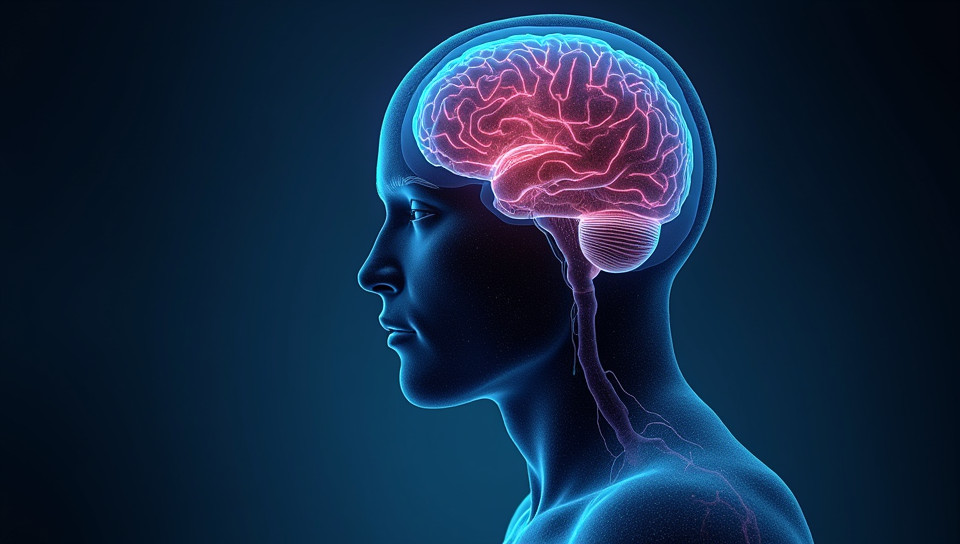Post-seizure cerebral depression is linked to hypoxia 82%

Understanding the Link Between Post-Seizure Cerebral Depression and Hypoxia
Cerebral depression, also known as post-seizure cerebral depression (PSCD), is a condition that affects individuals who have experienced seizures. The exact causes of PSCD are still not fully understood, but research suggests that hypoxia may play a significant role in its development.
What is Post-Seizure Cerebral Depression?
Post-seizure cerebral depression is a condition characterized by decreased brain activity and function following a seizure episode. It can lead to a range of symptoms, including fatigue, confusion, and difficulty concentrating. In some cases, PSCD can persist for several days or even weeks after the initial seizure.
The Role of Hypoxia in Post-Seizure Cerebral Depression
Hypoxia is a condition characterized by inadequate oxygen supply to tissues and organs. In the context of post-seizure cerebral depression, hypoxia may occur due to various factors, including:
- Reduced blood flow to the brain
- Increased metabolic demands during seizure activity
- Impaired gas exchange in the lungs
- Anemia or other blood disorders
The Impact of Hypoxia on Brain Function
Hypoxia can have devastating effects on brain function and structure. Prolonged periods of reduced oxygen supply can lead to:
- Damage to brain cells and tissue
- Disruption of normal neural activity
- Impaired cognitive function and memory
- Mood disturbances, including depression and anxiety
Breaking the Cycle: Managing Post-Seizure Cerebral Depression
While the exact mechanisms underlying PSCD are complex and multifaceted, researchers believe that hypoxia plays a critical role in its development. By addressing hypoxia through various means, such as:
- Optimizing oxygen therapy
- Improving respiratory function
- Enhancing blood flow to the brain
- Managing anemia or other blood disorders
individuals with post-seizure cerebral depression may be able to reduce their symptoms and improve their quality of life.
Conclusion
The link between post-seizure cerebral depression and hypoxia is a critical area of research that holds significant promise for improving outcomes in individuals affected by seizures. By understanding the mechanisms underlying PSCD, healthcare providers can develop more effective treatments and interventions aimed at mitigating its effects. As we continue to uncover the complexities of this condition, it is essential to prioritize research and education to ensure that individuals with post-seizure cerebral depression receive the care and support they need to thrive.
- Created by: Yìhán Guō
- Created at: Nov. 2, 2024, 3:36 p.m.
- ID: 15388





